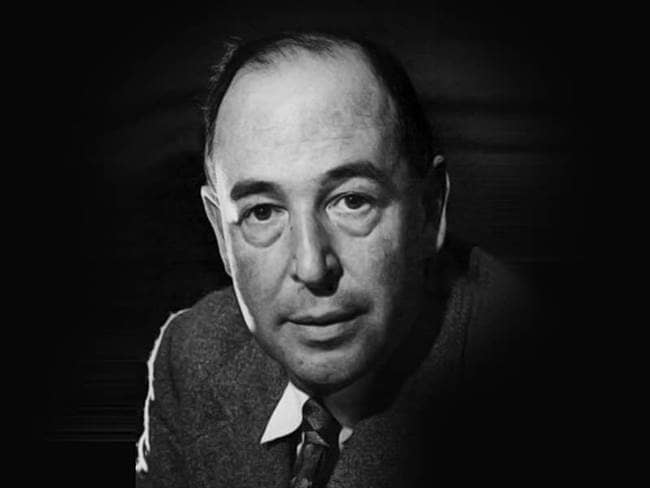Phyllis Tickle's new breviary, "The Divine Hours: Prayers for Summertime," (Doubleday, 646 pages ) is a welcome remedy for the increasing number of lay Christians who have rediscovered the daily office. "Like most variations and revisions of standard form," Tickle, author of "God-Talk in America," writes that the book was, "born out of contemporary need," and celebrates it own "welcome lack of ribbons." (Actually, my copy had precisely one.)
The practice of praying at fixed times throughout the day has its origins in Judaism. Early Christians continued the discipline and it was further reinforced by the Roman empire's forum bells, which tolled at 6 a.m., midday, and 6 p.m. The Christian offices are said at morning, midday, early evening (vespers) and bedtime (compline).
Unlike breviaries that lump together prayers in the first hundred pages, followed by psalms, and so on, Tickle puts each day's prayers, psalms, readings and refrains-everything you need--in one place, beginning the Sunday nearest to June 1, and ending with the Saturday nearest to September 28.
The rhythm that Tickle's book establishes gives one a stronger sense of participating in an ancient, worldwide but very personal liturgy that was founded by the desert fathers in the third century .One group of monks, obeying the movement of the sun around the globe, would start their prayers just as the monks to the east had ended theirs. Christians today, Tickle writes, are "filled with the conscious awareness that they are handing their worship at its final 'Amen' on to other Christians in the next time zone. Like relay runners passing a lighted torch, those who do the work of fixed-hour prayer create thereby a continuous cascade of praise before the throne of God."
Praying regularly is something I aspire to, not something I do. But even after a few days of regular prayer, my feet are more firmly on the ground. Give it a few more days, and I am likely to be less irritated with my neighbor's driving habits. Eventually I enter what I call the "economy of abundance," the extravagant, loving company of God. Unfortunately, then I usually falter. Rumi, the 13th century Sufi poet, put it like this, Why is it that I have to be dragged kicking and screaming into paradise? Well, partly because prayer books are so complicated. With Tickle's book, I have less of an excuse than ever.

